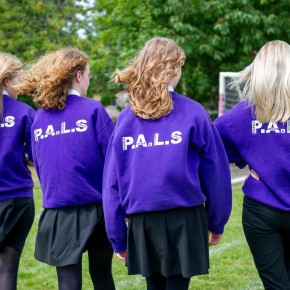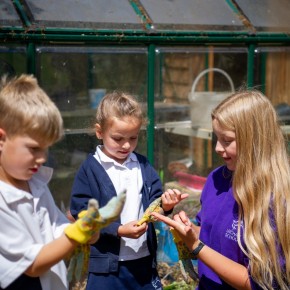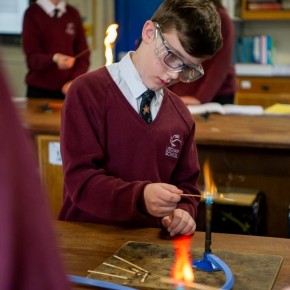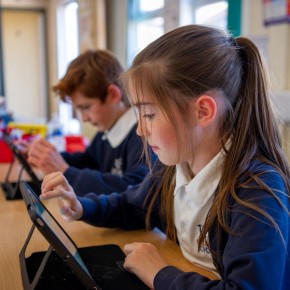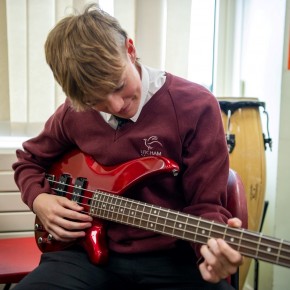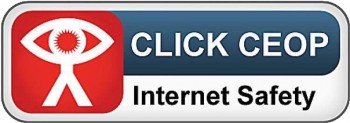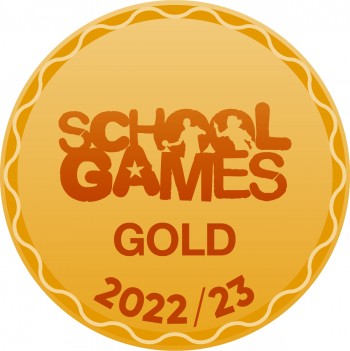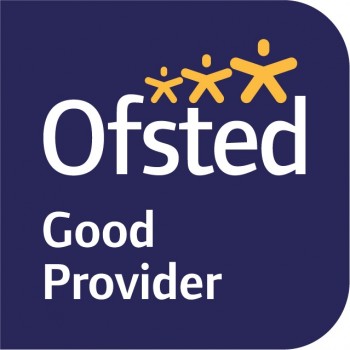Homework
We encourage parents to get involved in school life and offers of help are very welcome. Parents help in many ways throughout the school - listening to reading, cooking and craft work, with computer and library studies, sport and educational visits, as well as helping with out of school activities. Please be assured all our helpers have been approved by the Disclosure and Baring Service (DBS).
In addition to our newsletter, we also invite parents to attend weekly assemblies celebrating special efforts and sharing various aspects of class-work through our termly reading and maths cafés. We have hosted evenings for parents about the end of key stage tests.
Our home-school agreement was drawn up in full consultation with parents, pupils, staff and governors, and new families are asked to sign copies of the agreement when they join the school. The agreement itself is subject to regular review by the governing body.
Homework in the Primary Phase
Homework is used to help foster links between home and school and provides opportunities for children to work within their family on a variety of tasks. Our youngest children will bring home reading books on a regular basis and other tasks (spellings, games and multiplication tables for example) are gradually introduced. By Key Stage 2 children are set a wider range of tasks which may relate to a theme or topic being taught in school.
Why is homework so important?
Research over a number of years has shown that homework can make an important contribution to children’s progress at school. It is important at all stages in a child’s education and when used properly, extends the challenge to pupils, and ensures that teaching time is used to maximum effect.
What is homework?
Any work or activities which pupils are asked to do outside lesson time, either on their own or with parents or carers.
It should:
- Consolidate/reinforce skills and understanding;
- Make use of resources for learning at home;
- Extend school learning, for example through additional reading;
- Encourage pupils as they get older to develop the confidence/self-discipline needed to study on their own;
- Prepare older pupils for the requirements of secondary school;
- Provide opportunities for parents, pupils and school to work as partners and to ensure parents have a clear understanding about expectations;
- Encourage children to develop long term strategies for future needs;
- Be planned/structured to meet the needs of individual children;
How can you help?
You can:
- Provide a reasonably peaceful, suitable place in which your child(ren) can do their homework;
- Provide suitable equipment – pens, pencils, crayons, rulers, rubbers, dictionary etc.;
- Make it clear that you value homework and explain how it can help their learning;
- Encourage and praise your child(ren) when homework is completed;
- Help with learning spellings, tables, number facts and read together;
- Help work out a manageable daily homework routine;
- Help where possible with research/information gathering by providing books at home and visiting local/mobile libraries;
- If possible, take your child(ren) on visits which will support learning in topics covered by termly projects;
- Ensure that you are aware of tasks set in reading/homework diaries or homework books;
- Please remember that it is the child’s homework!
Homework through the school
The purpose of homework changes as children progress through the school, and is reviewed at the start of each autumn term. For younger children, developing a partnership with parents or carers and involving them actively in children’s learning is the key purpose.
Every class will have spellings, times tables to learn each week and should also be reading regularly.
Year 1 and 2 are expected to do English and Maths for up to 30 minutes each week (30 minutes total).
Year 3, 4 and 5 are expected to do half an hour of English and 30 minutes of Maths each week (1-hour total).
Year 6 are expected to do up an hour of English and Maths each week (2 hours total)
The majority of KS2 homework is set, accessed and returned through Microsoft Teams. Our reception class can also share home learning activities through Tapestry.
